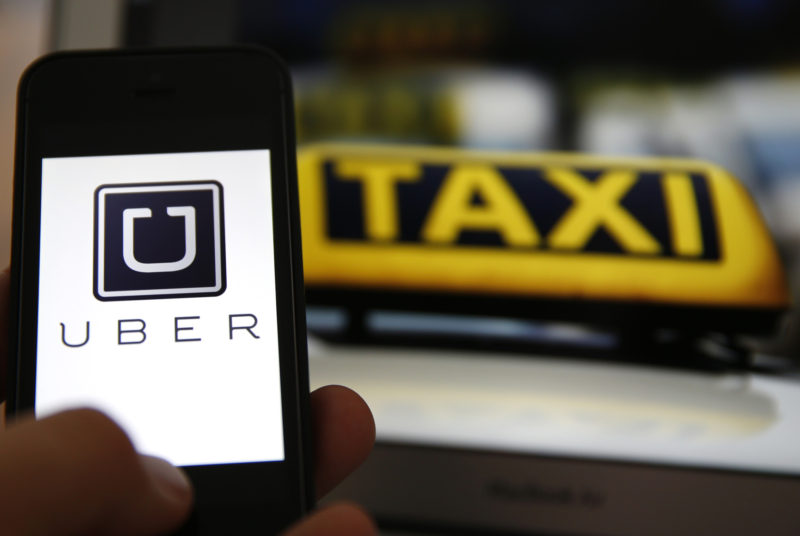Saint Louis, Mo. — As the ride-sharing company Uber continues to mount a public campaign to gain access to the St. Louis market, the Metropolitan Taxicab Commission is looking to regain some public perception ground with a new blog that debuted with a positive message about compromise.
The MTC’s blog went live last week and thus far has one post, titled “Setting the Record Straight on Uber and St. Louis.”
The MTC has been engaged in negotiations for more than a year with Uber, the billion-dollar ride-sharing company that has quickly gained popularity around the country. Negotiations have varied from wildly productive to virtually non-existent during that time, with MTC officials at times claiming that Uber has no interest in compromising and Uber firing back that the MTC is “stifling competition.”
But the latest post, signed “The Commission,” paints a picture of two parties rapidly approaching a real agreement, the piece highlights that there are only a small number of issues still to be worked out.
“It is important to note that Uber representatives gave MTC a list of some 15 ‘legislative principles’ – in effect, their wish list for changes. We have carefully reviewed that list, and believe we can substantially agree on 12 of them,” it reads.
The three remaining issues yet to be worked out are the same three issues plaguing the two parties for weeks. But the MTC says that insurance coverage and drug testing, two areas of concern for Uber, are sure to be worked out.
“We expect this to be resolved to the satisfaction of all,” they write.
The final hurdle comes in the form of fingerprint-based background checks. The issue has long been the line-in-the-sand as the MTC demands fingerprint-based background checks performed by the FBI and the Missouri Highway Patrol of all drivers — something state statute requires of the MTC — while Uber maintains that its proprietary, internet-based criminal background check — conducted by Checkr — is actually superior.
“But it matters little what MTC thinks, or what Uber desires. Fingerprint-based criminal background checks conducted by the Missouri Highway Patrol and the Federal Bureau of Investigation are the law of the land. And Missouri statutes governing the MTC mandate such checks,” the commission writes.
But despite the supposed impasse, the MTC writes that they are likely to adopt new codes at their July 29 meeting opening the door to Uber drivers, and that those drivers can begin working with preliminary permits pending a fingerprint scan at a later date. The MTC maintains it has discretion over the timing of the scans, but cannot legally waive the responsibility completely, citing state statute.
St. Louis County Executive Steve Stenger and St. Louis Mayor Francis Slay have both been tasked with formulating an official opinion through their own law enforcement channels on whether or not a background check without fingerprints will prove satisfactory to protect public safety.
“If in the opinion of law enforcement something other than fingerprinting proves satisfactory, then the County Executive and Mayor can request that the General Assembly change the law when it reconvenes in January,” the commission writes.
St. Louis Metropolitan Police Chief Sam Dotson gave the thumbs-up to Uber background checks today, admitting that there were some holes in the system, but calling them “very reasonable” and a “very responsible system.”
There remain some differences between Uber’s checks and those done through official law enforcement channels. Offenders changing names or moving frequently between states are harder to detect through Uber’s process.
But while Uber may ultimately gain access to St. Louis through preliminary permits for their drivers, it’s the lawmakers in Jefferson City who will need to change state statute to relieve the MTC of their requirement to do fingerprint-based background checks for those driving cars for hire. It’s unclear whether Uber will lobby Jefferson City to that change in law.
The piece ends pointing to Uber’s likely expansion into St. Louis and embracing the inherent competition to traditional cab companies it brings. While officials will continue to wrangle the question of background checks, it appears that one way or another, Uber is coming to St. Louis. But the long-term stability of Uber’s entrance into the St. Louis market is still far from certain.
Collin Reischman was the Managing Editor for The Missouri Times, and a graduate of Webster University with a Bachelor of Arts in Journalism.




